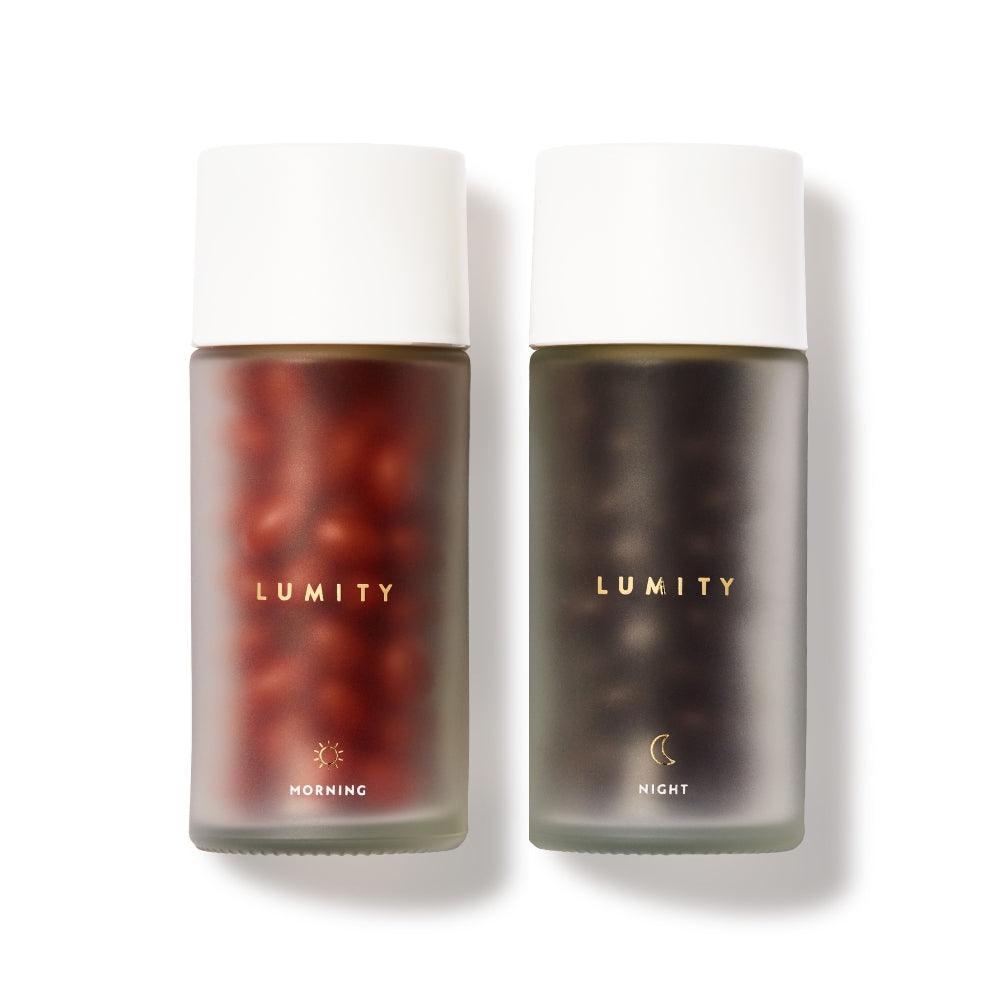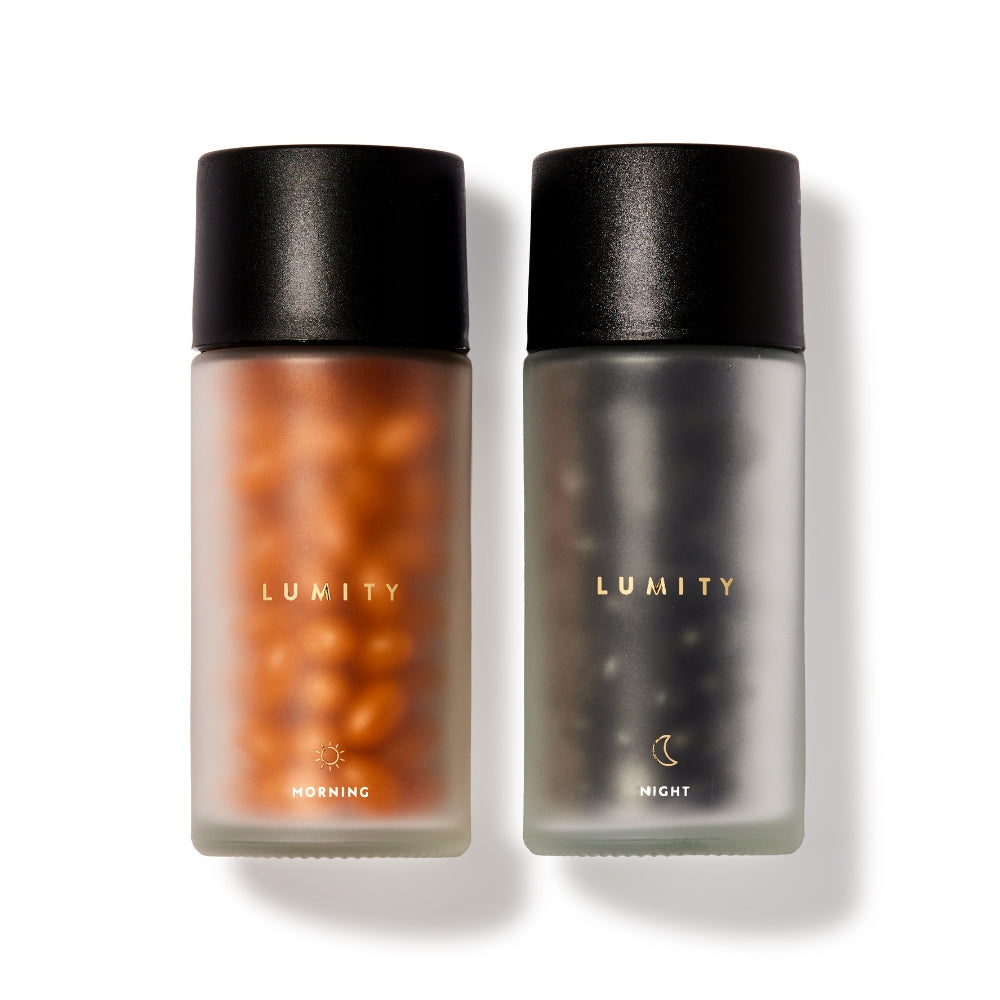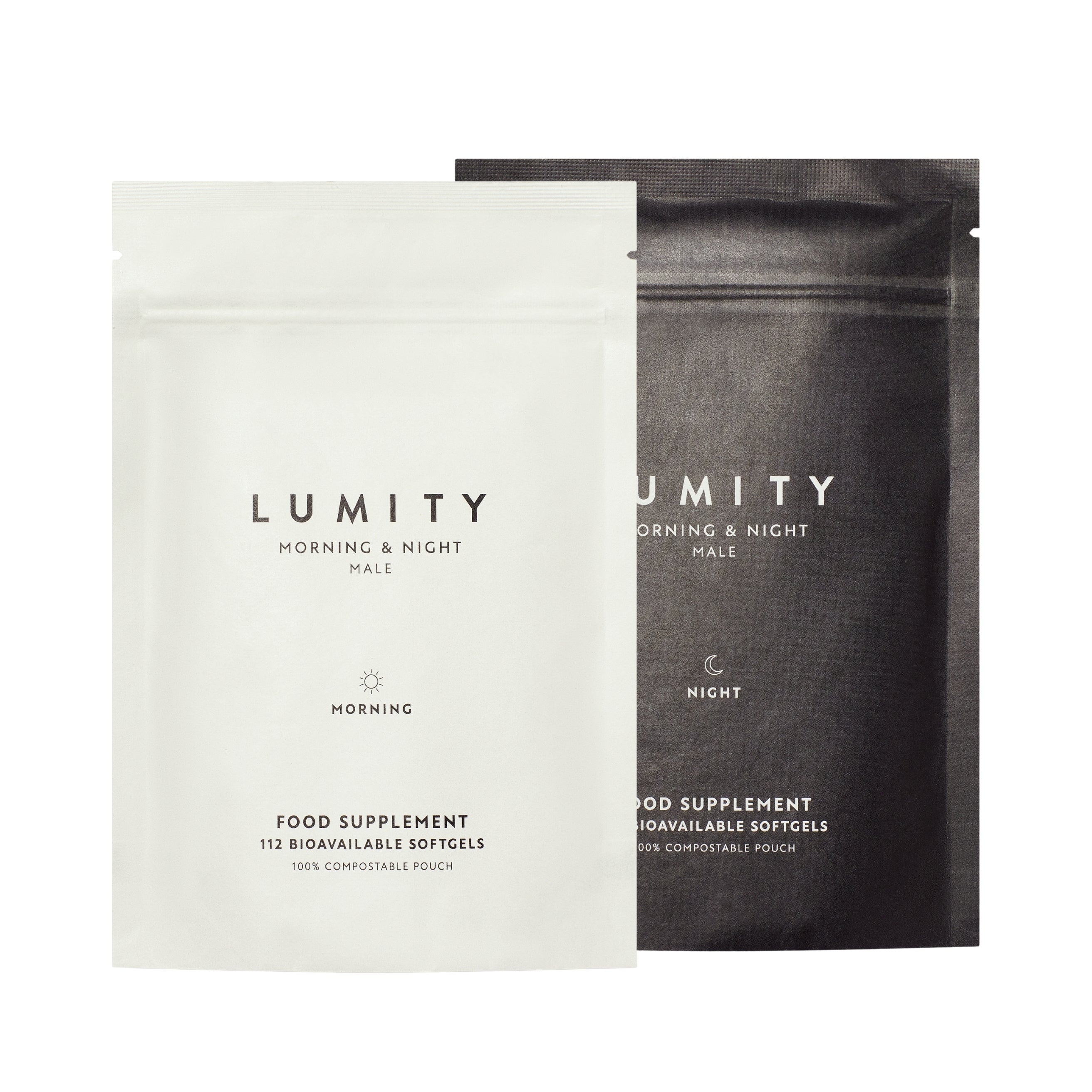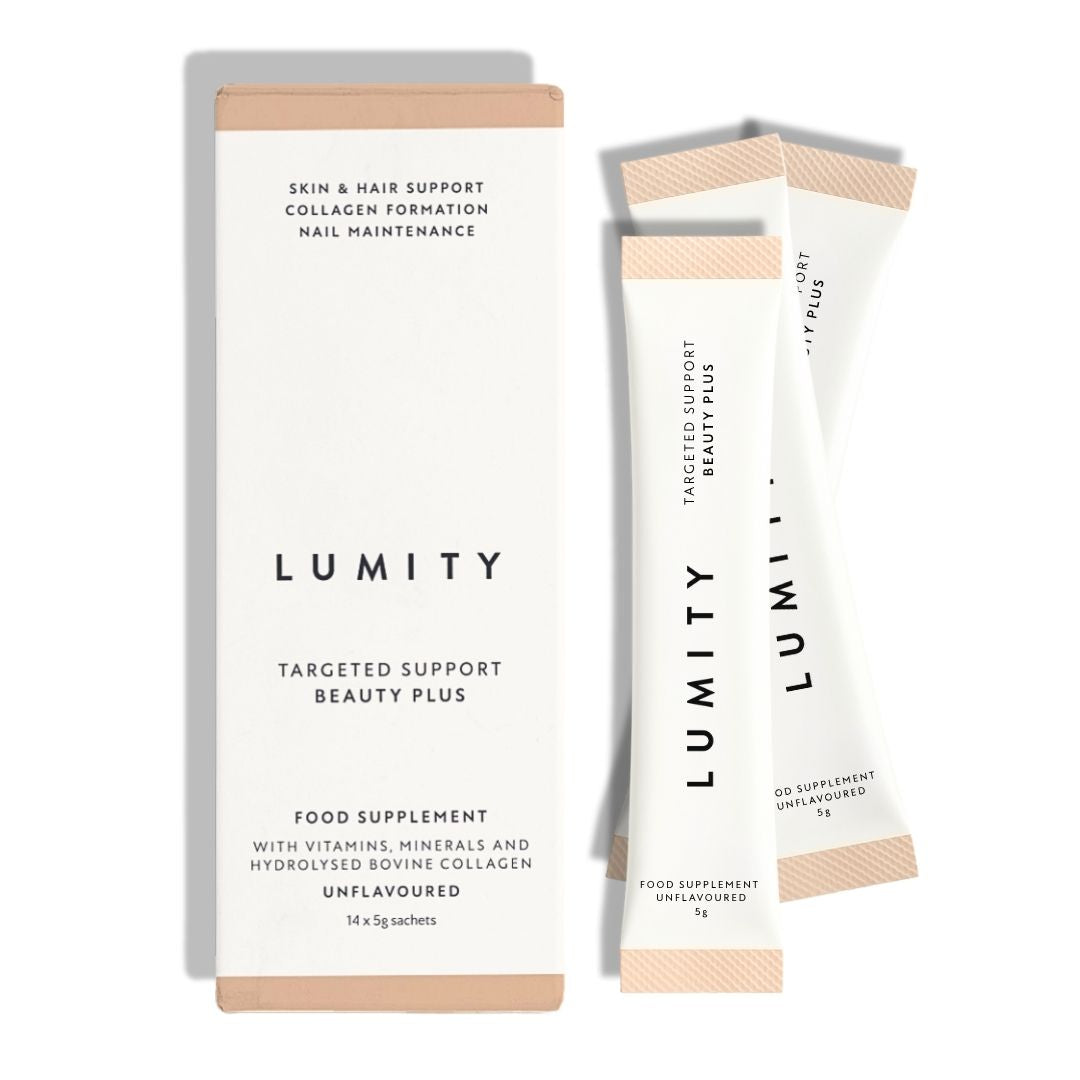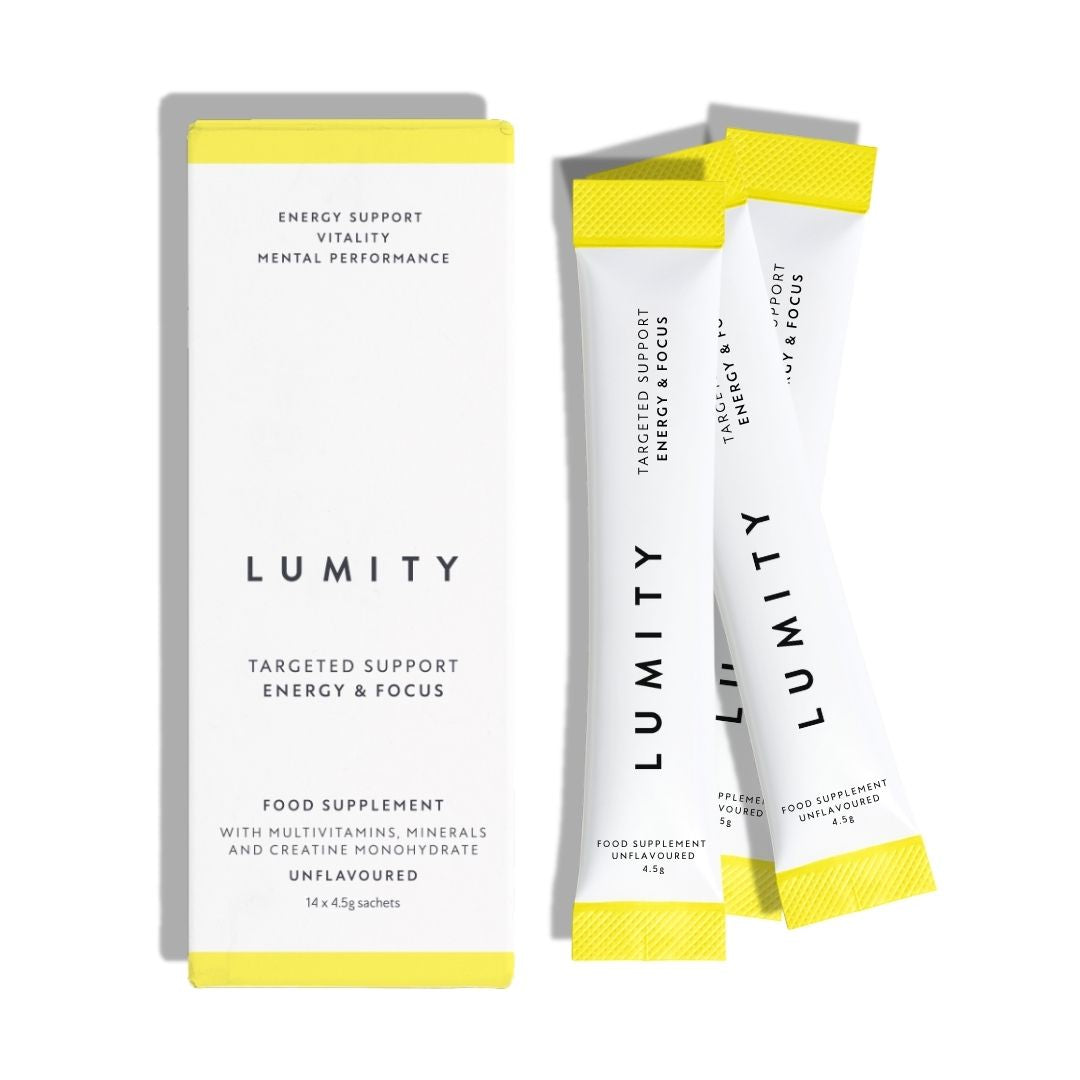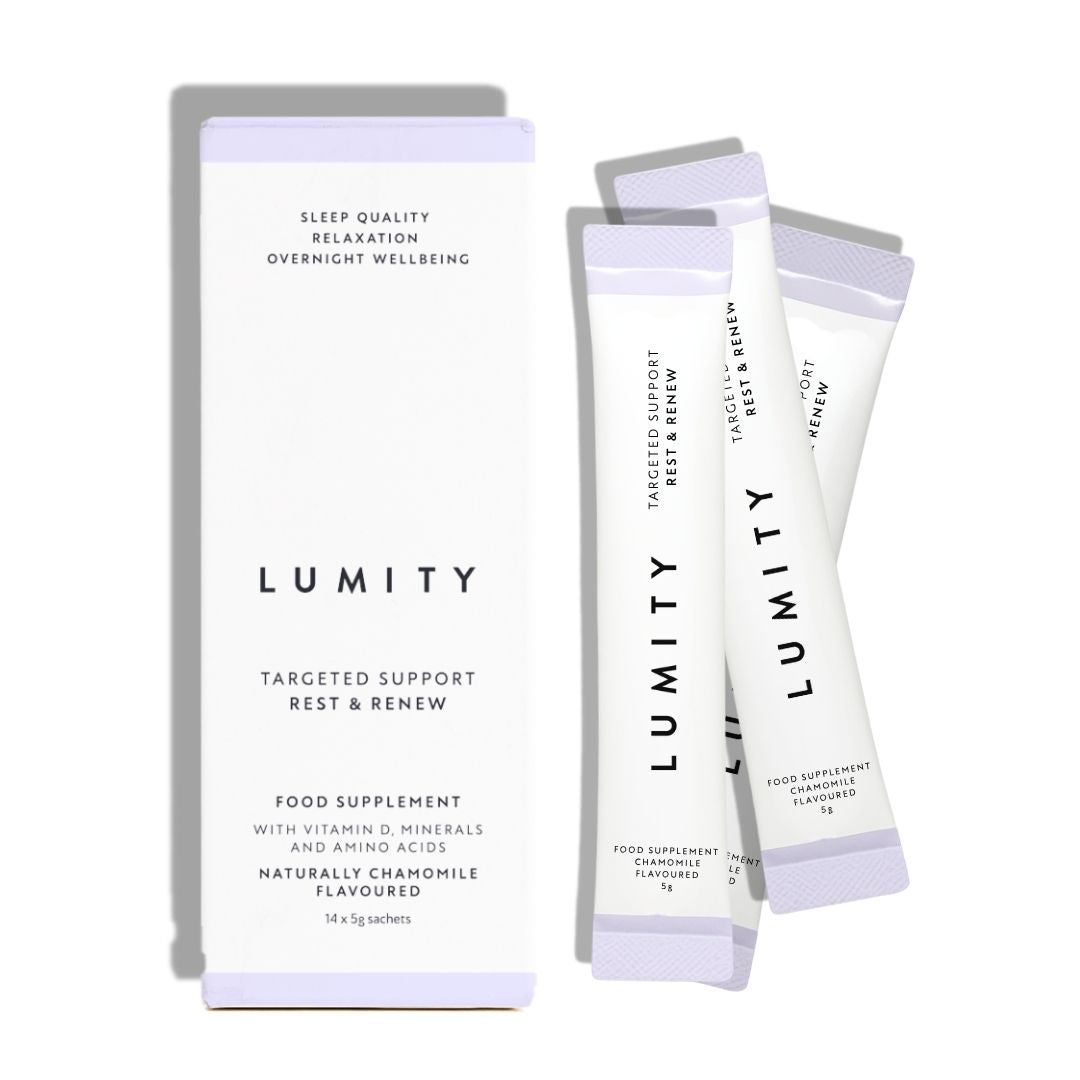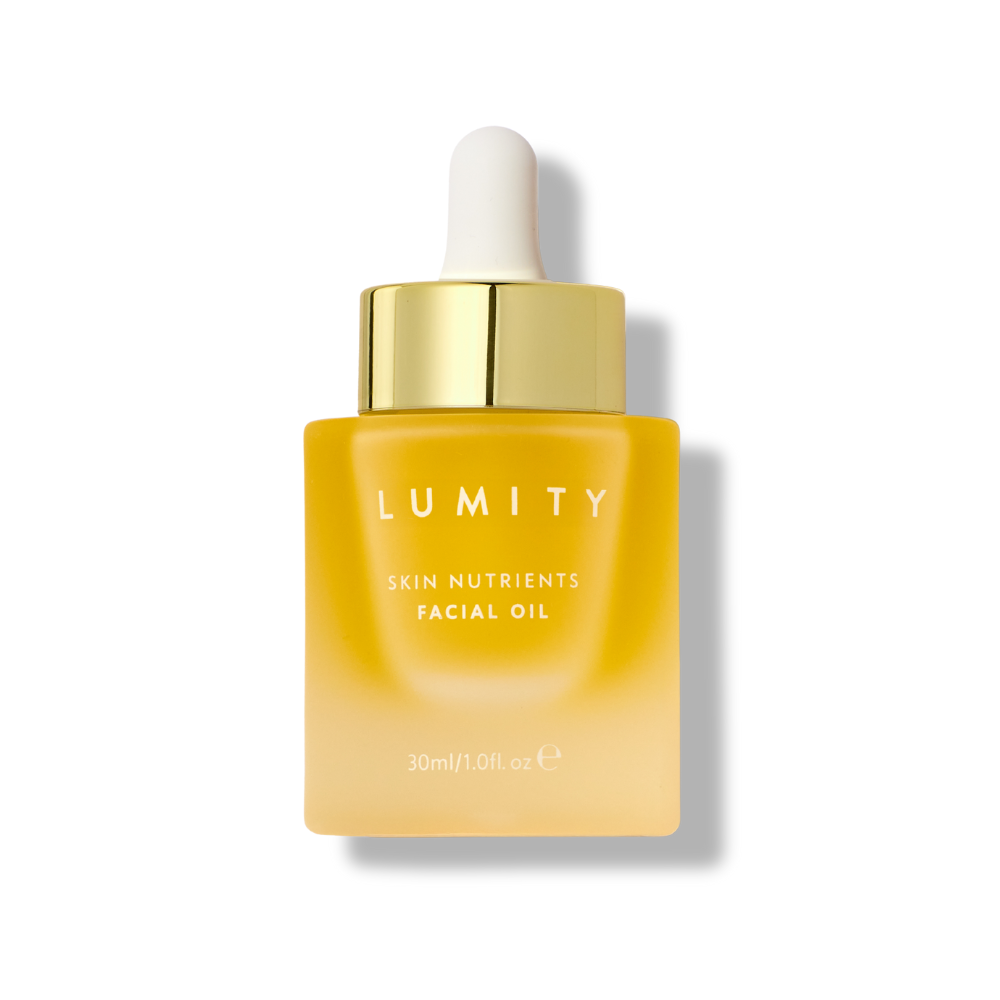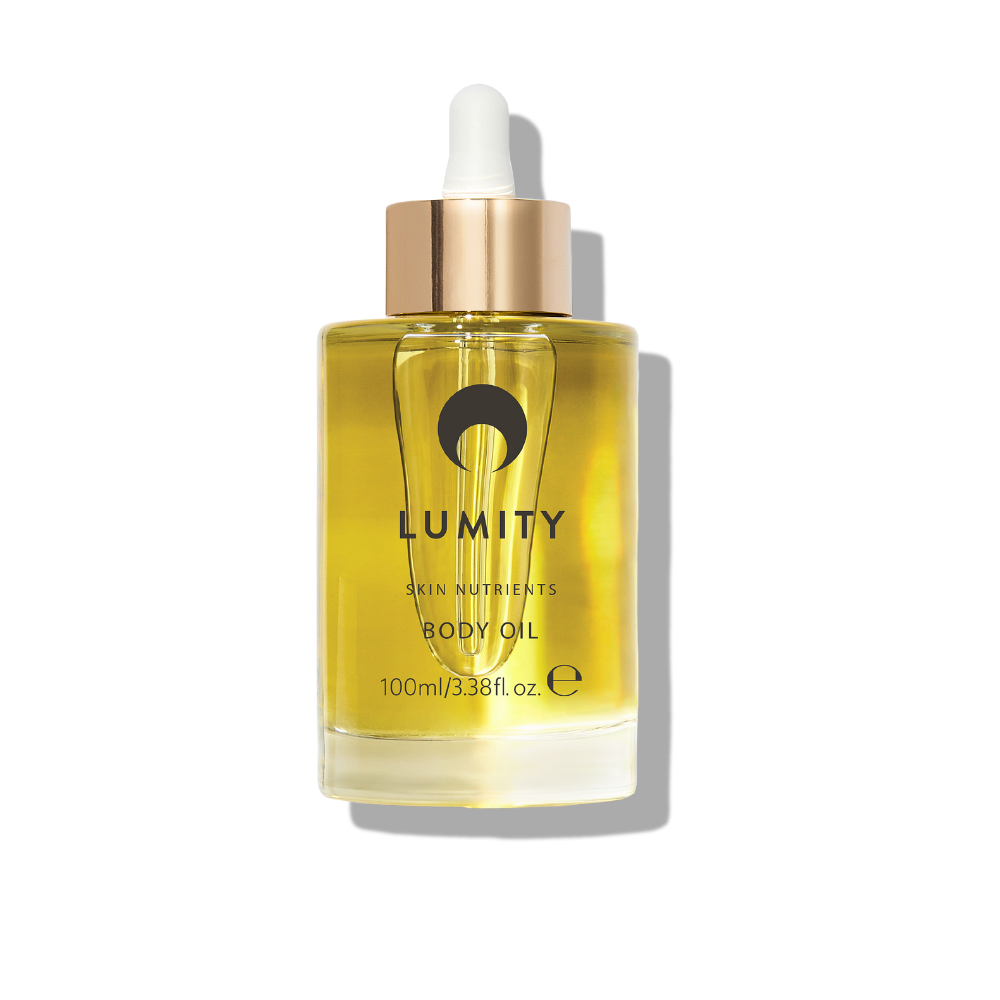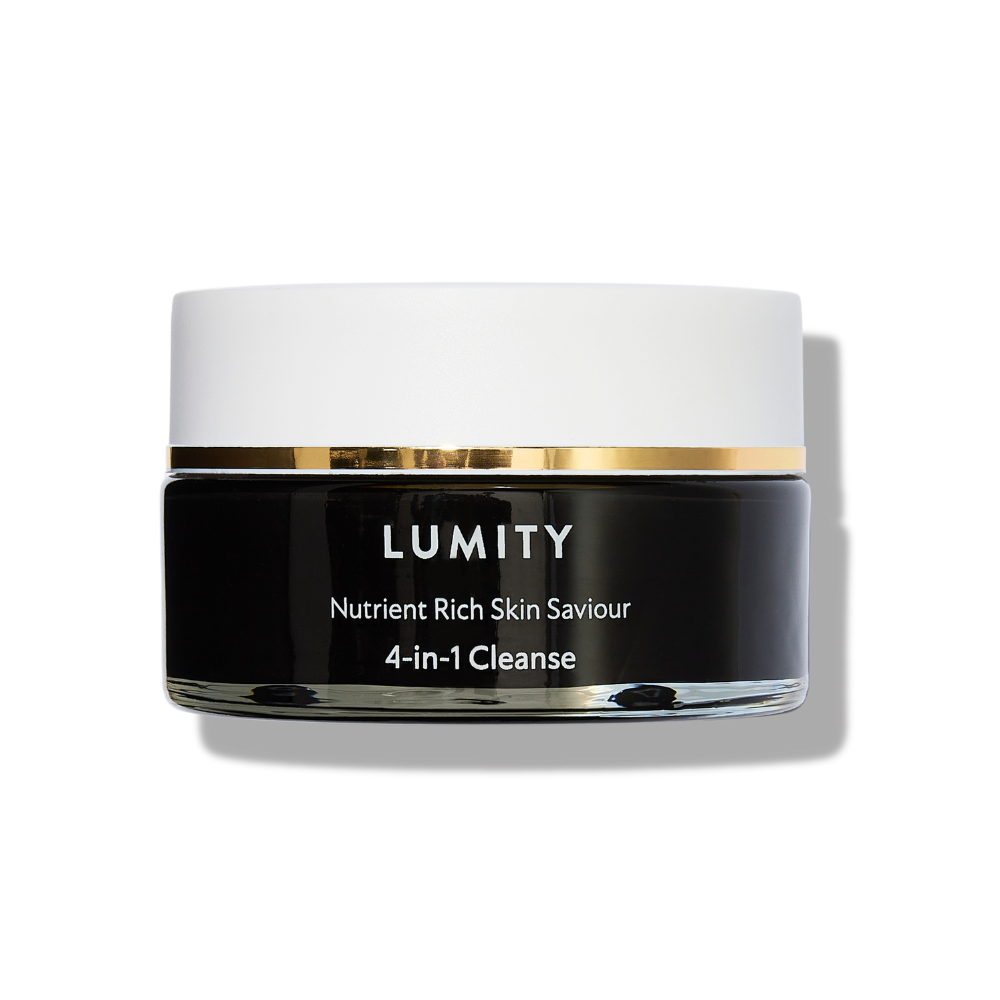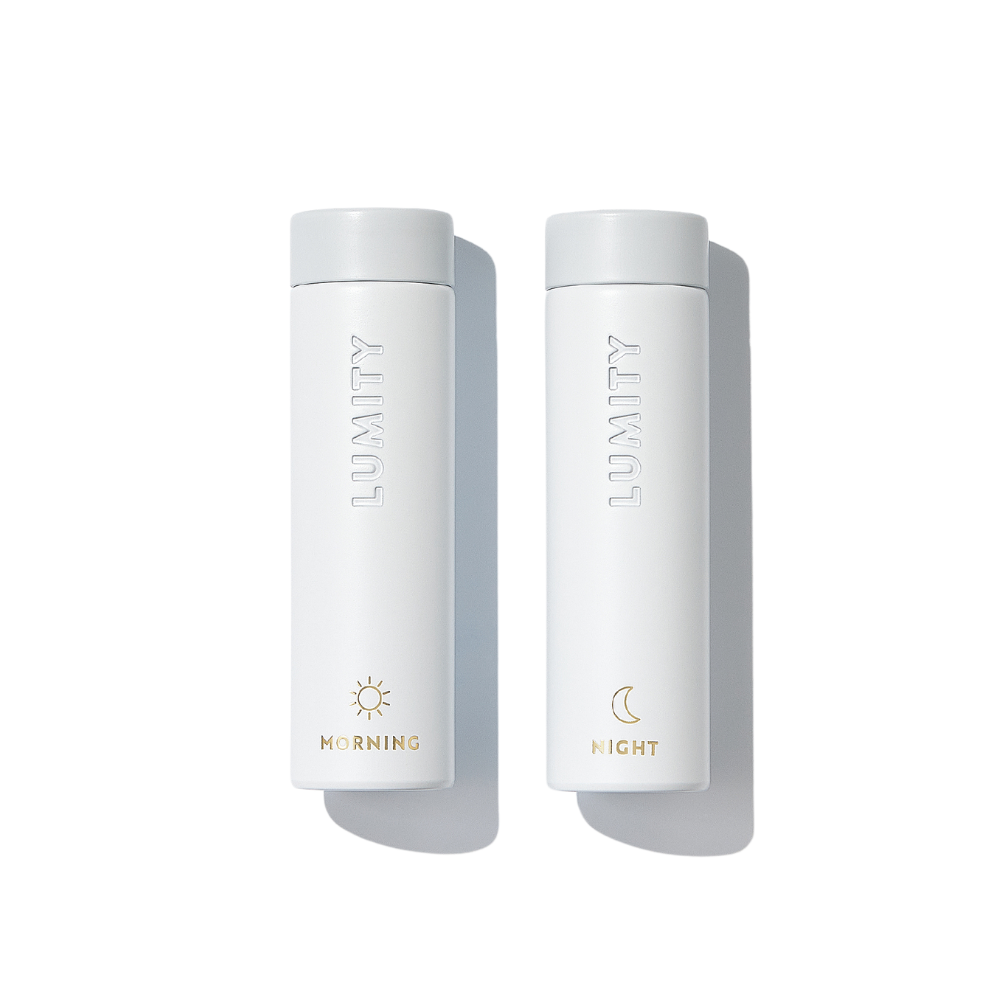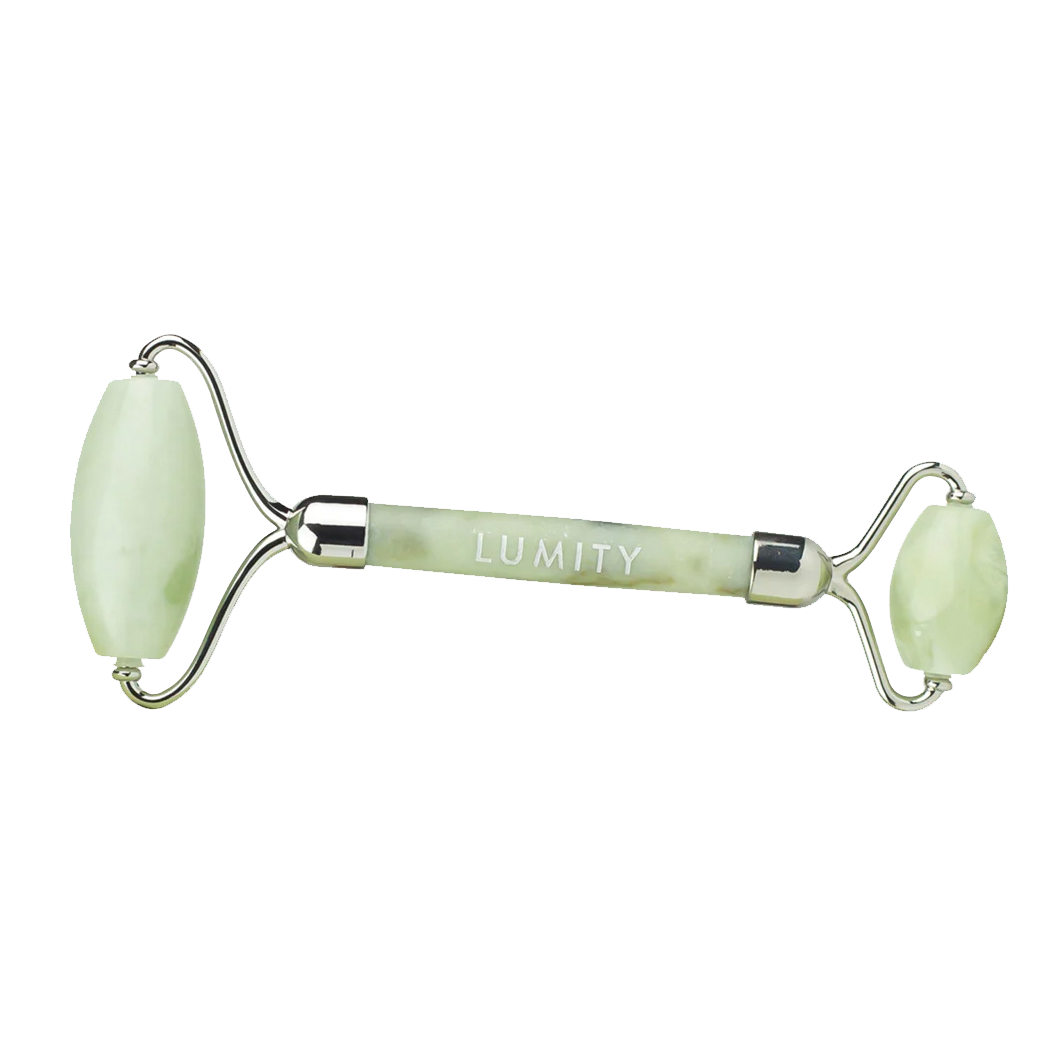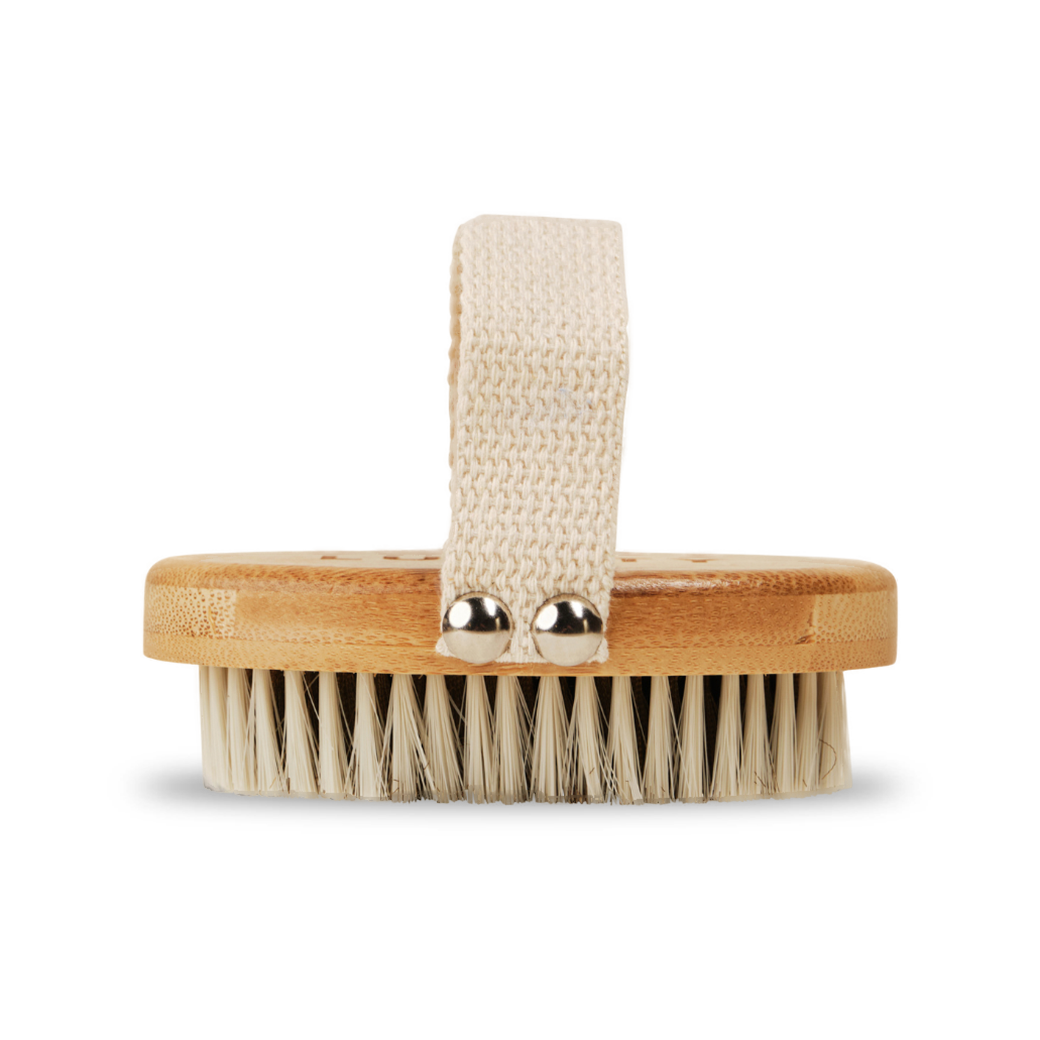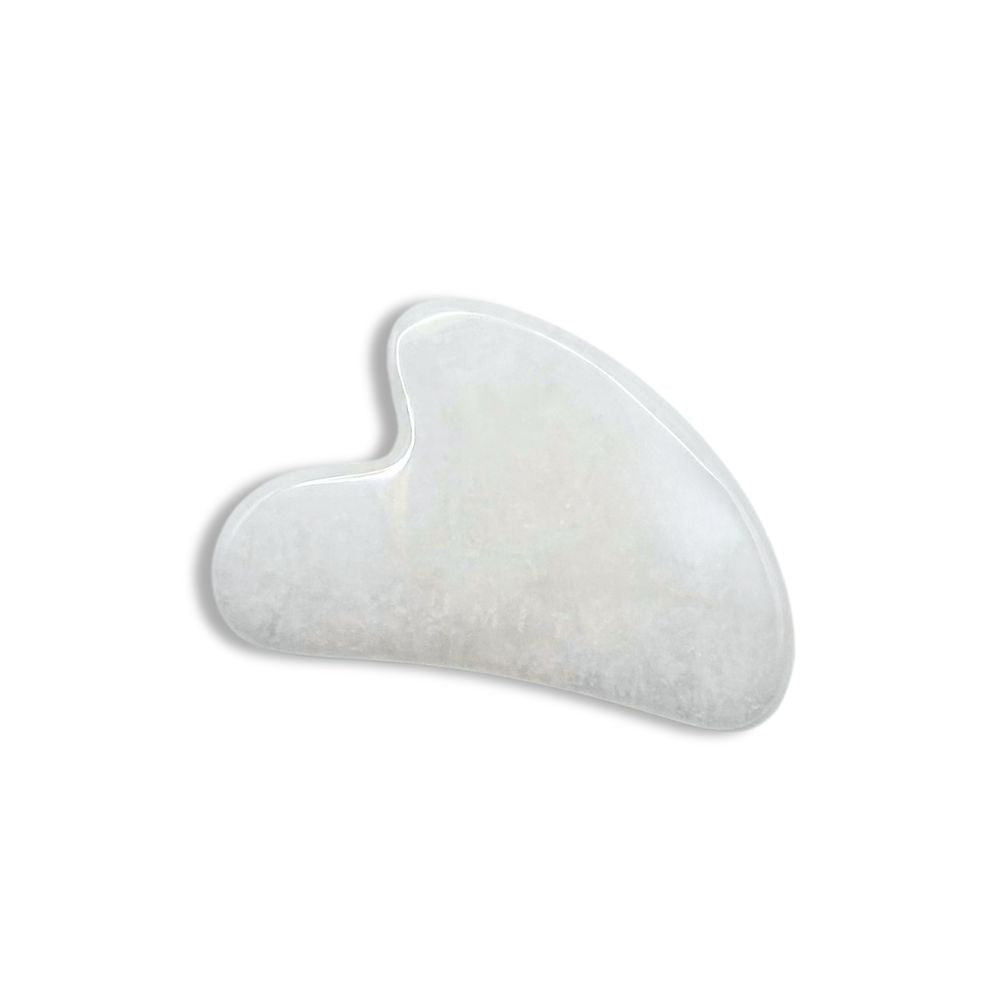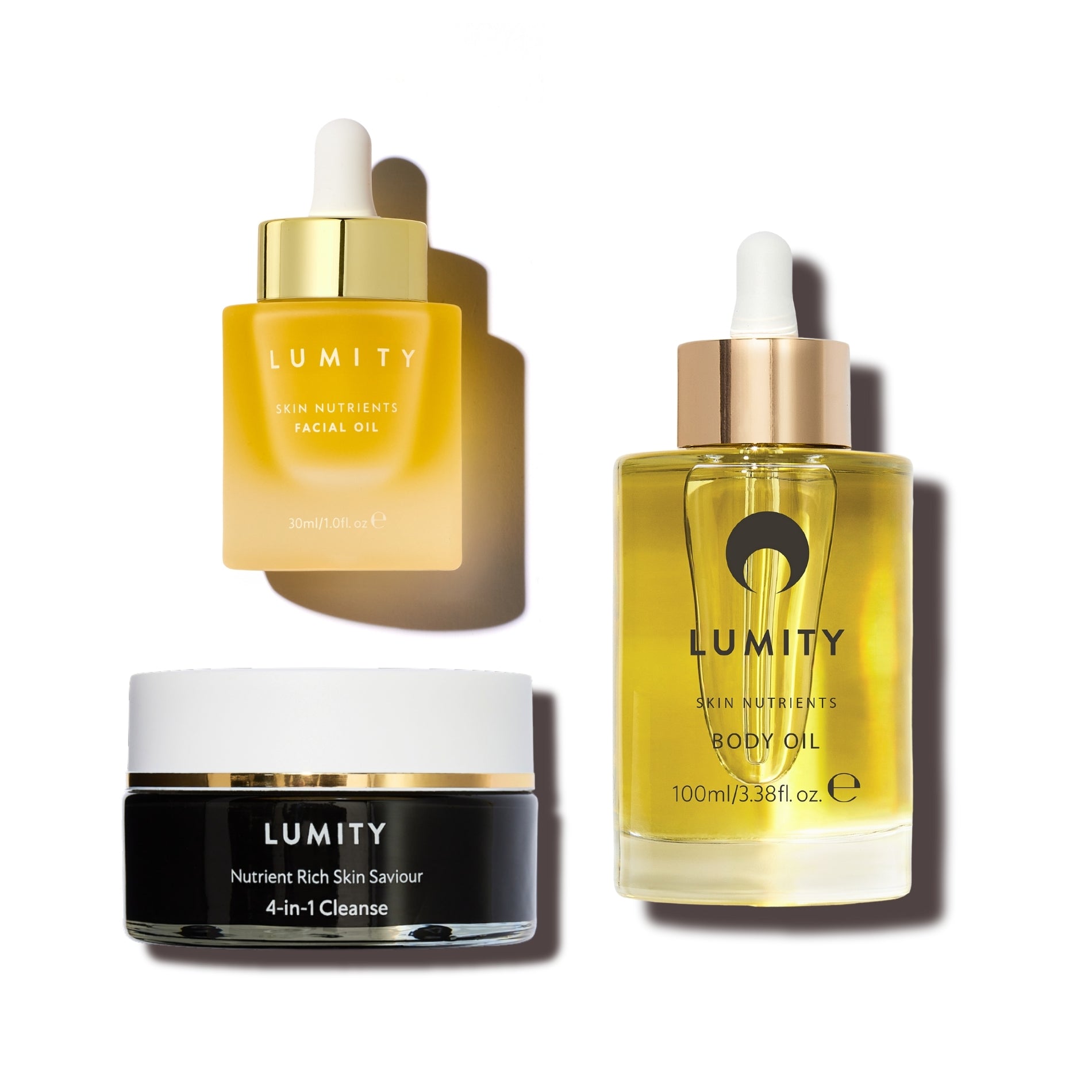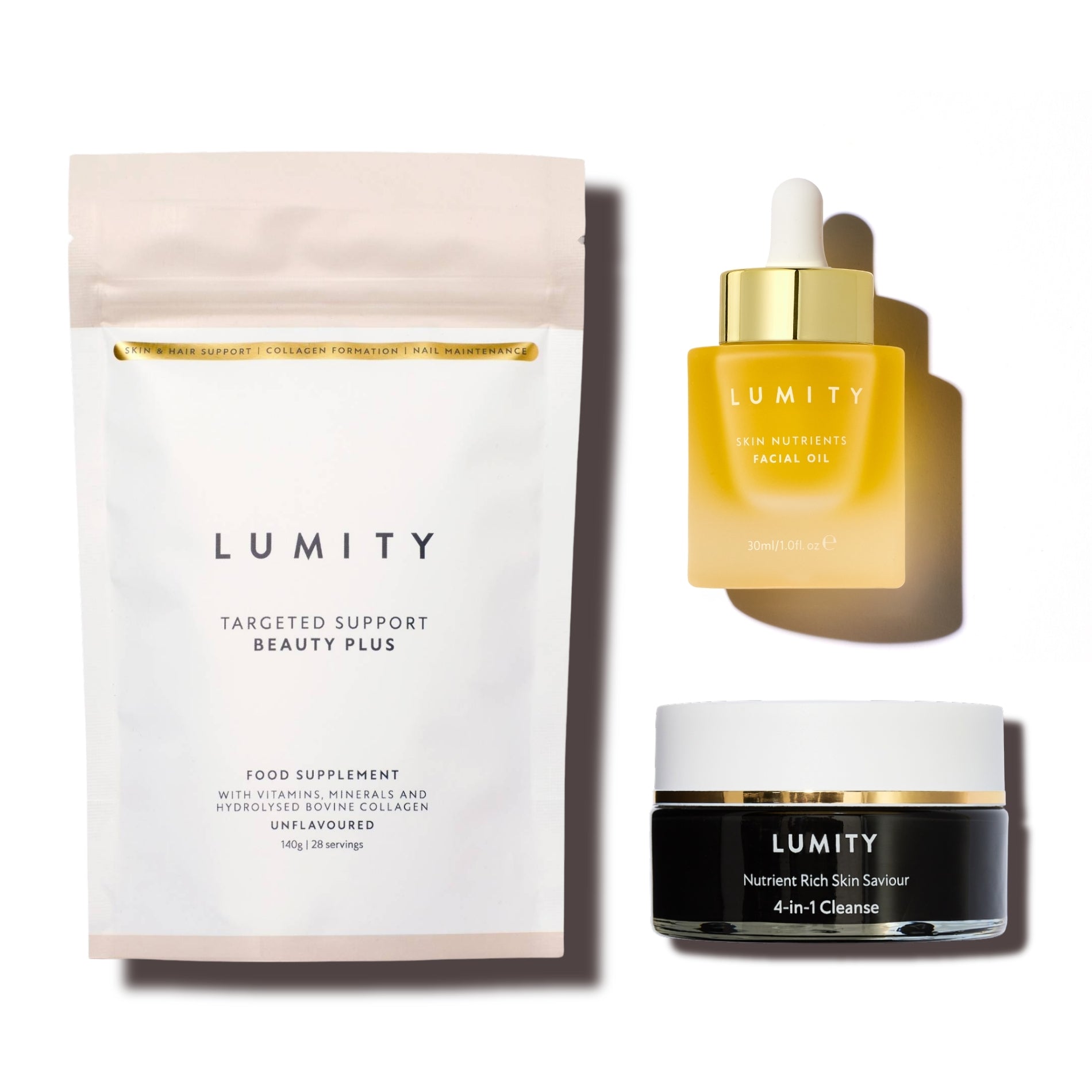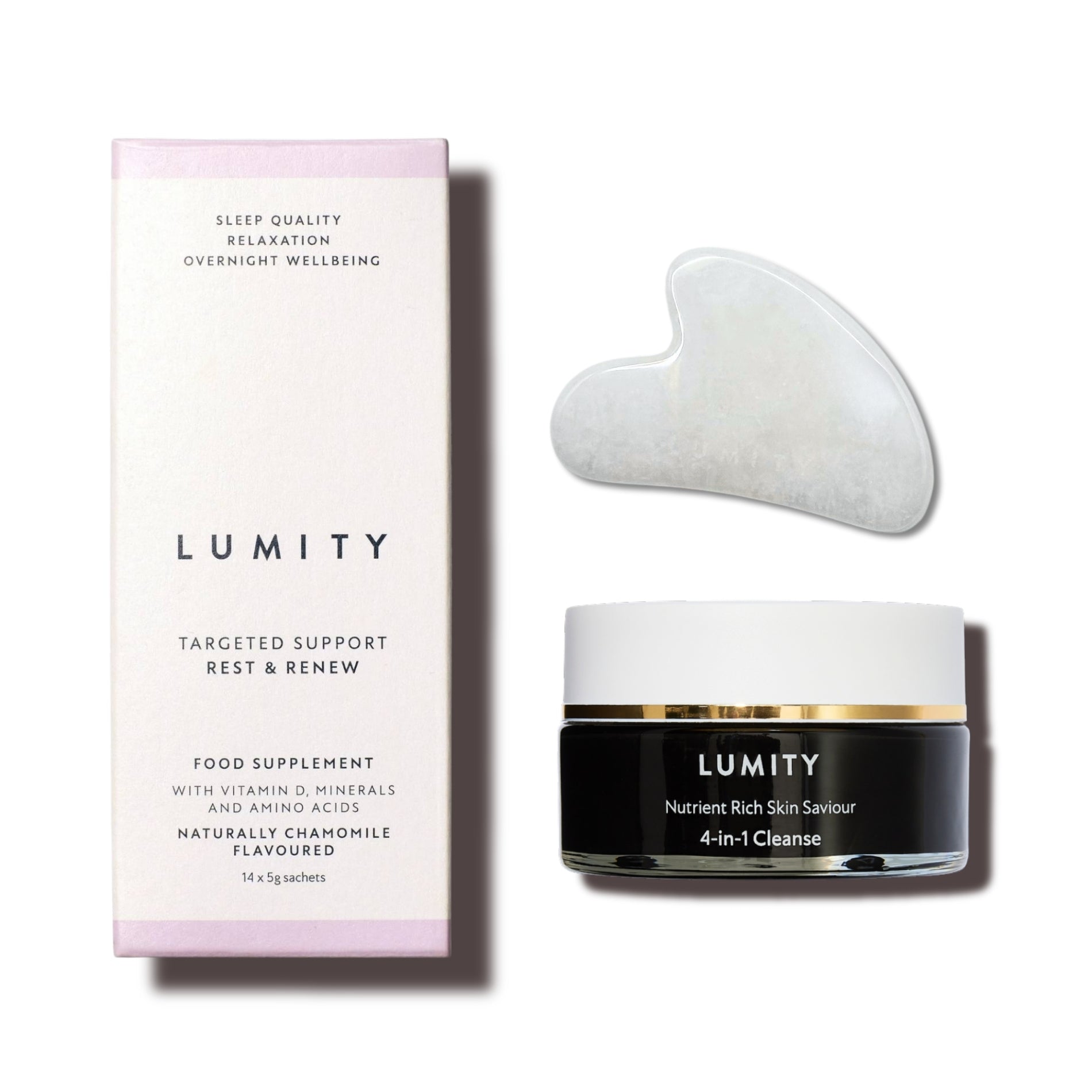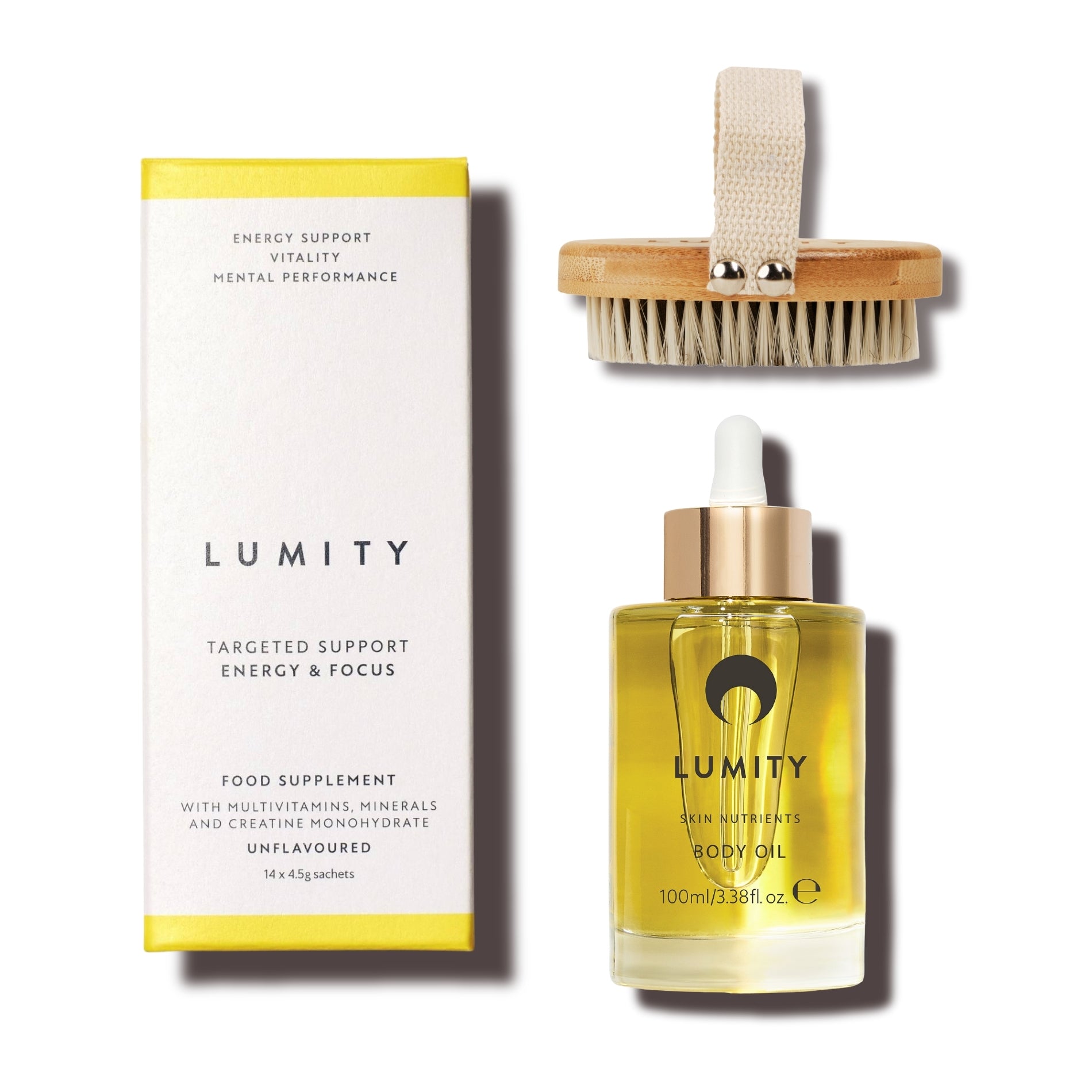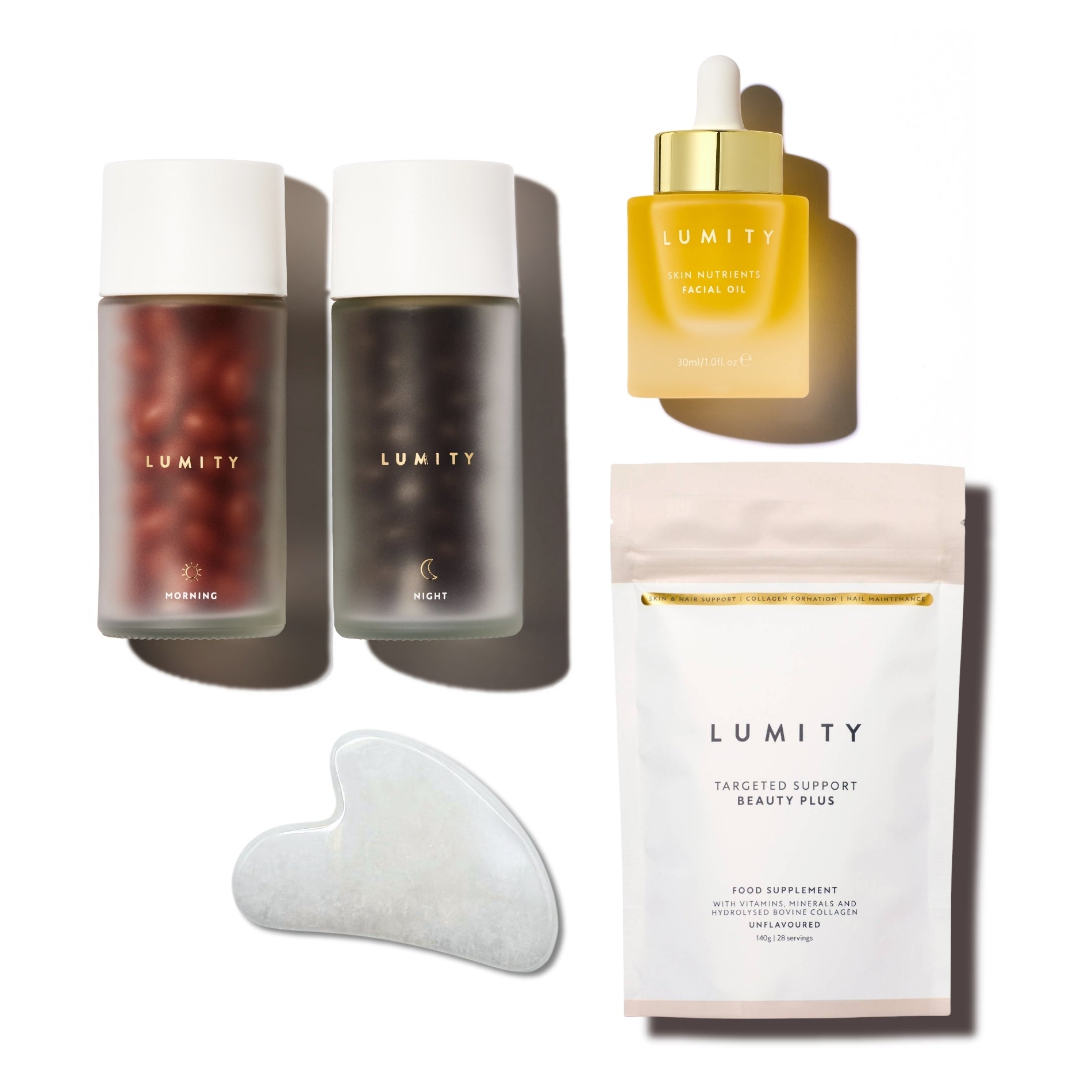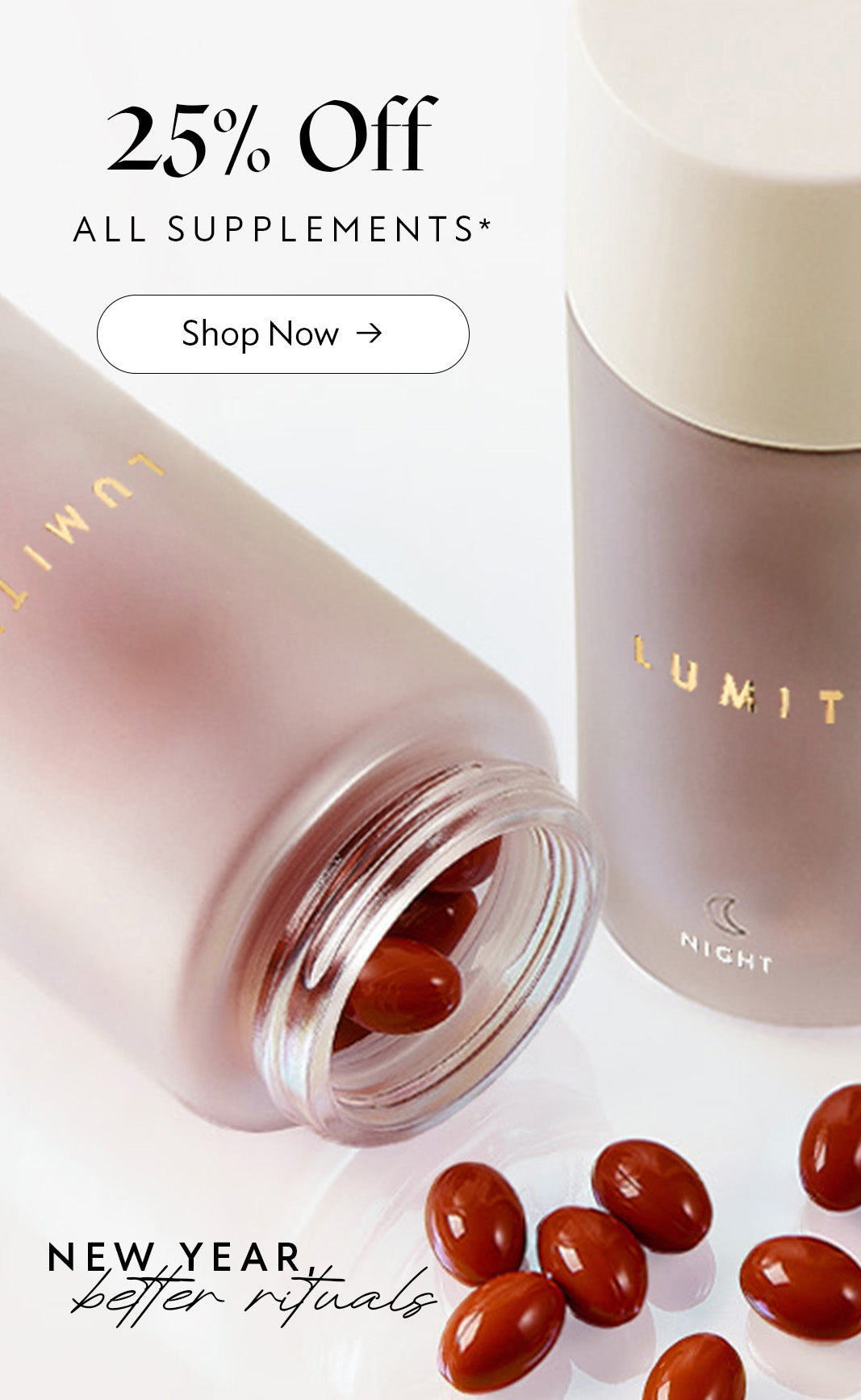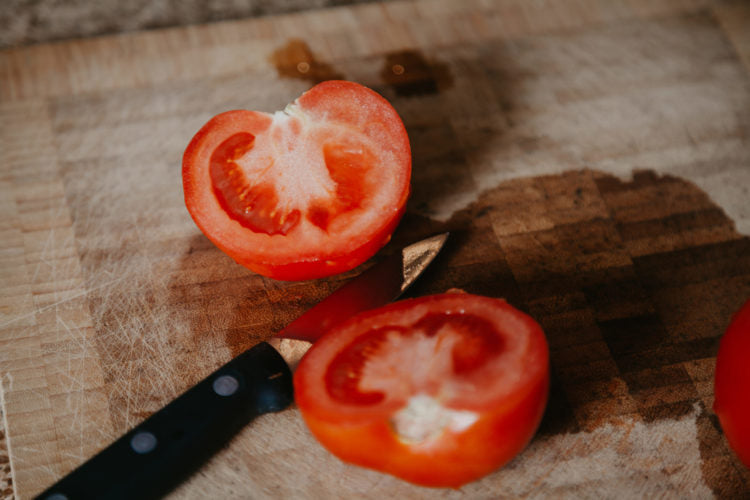How to protect your mental health after having a baby

For many new mums the perfect storm of fluctuating hormones, overwhelming demands and responsibility for a baby and the physical affects of birth can cause mental health issues.
So is there a way to prepare and safeguard yourself?
Separate the psychological and biological effects
Being a new mum throws us a number of psychological curveballs. We are suddenly presented with a loss of control, an intense responsibility for others, and many are left questioning ‘who am I now?’ This is alongside the high standards we often set for ourselves, where we either parent, care and feed are child the ‘right way’ or view ourselves as having failed.
But some of the factors are also biological, “If you have a personal history or a family history of depression, you might be more likely to experience this after birth,” explains specialist postnatal psychotherapist Dr Jo Gee. “Hormonal issues can come into play too, with the drastic drop in hormones, estrogen and progresterone, playing a part in the ‘baby blues’, which is a very common period of low mood after birth, lasting a few days to a two weeks. The difference between the baby blues and postnatal depression (PND) is that the symptoms in both, which might include tearfulness, sadness, mood swings, appetite problems and difficulty sleeping, are more intense and prolonged. PND can also get in the way of our daily functioning.”Regardless of if your breast or bottle feed the changing hormones will affect you and you should not feel embarrassed to discuss this with your doctor or health visitor – you are not being silly or over-reacting, you are just normal and help and advice and can make a big difference.
Expect the unexpected
Becoming a mother is a life-changing experience, they key word being life-changing. And that is the biggest trigger of them all, the fear of the unknown. “We all know and expect that our lives are changing, it’s the fact that not knowing how that charge our emotions,” says mindfulness expert Mihaela Berciu of Spark Your Bloom. “And then there’s the fear of being judged, which is the second biggest fear we, human beings, live with. Furthermore, we all know by now that most of our emotional issues come, generally, from childhood and, particularly, from parenting.”
It can be worth reflecting on your own upbringing and how you feel about your parents parenting technique – do you feel it’s influenced you? Do you worry you won’t give your children as wonderful a childhood as you feel you had? Or you will make the mistakes which have impacted your adulthood your parents made?
“It’s important to be kind to yourself and accept that having fears, worries, anxieties, doubts and second thoughts are natural and do not make you a bad person/mother to be. Start a journal and write down, or voice record, all of these thoughts,” suggests Mihaela. “Express your fears, don’t hold them within. Overthinking is mental heath’s worst enemy, not only keeping you captive in negative thoughts, but allowing the turmoil to take over and become your truth, which is dangerous.”
Can you plan for postnatal mental health issues?
Being forewarned is one thing, but what practical steps can mums-to-be take to help themselves after the birth of their baby? “One of the key things we can do is to start a good self-care routine where we carry out activities in order to care for ourselves, with the goal of improving our wellbeing,” says Dr Gee. “As time is limited, the activities we choose don’t need to be lengthy, but need to focus on ‘what we need’. In the same way we would MOT our car in order for it to carry people safely, we need this too in order to keep well. A top tip is to do something daily to care for yourself, even if it’s taking 10 minutes out to focus on your breath.” Exercise is also key. The benefits of exercise are endless – including the triggering of our neurotransmitters linked to happiness. In fact, a short sudden burst of exercise is more effective than medication in managing low mood, like in postnatal depression. “New mums need to find different ways to exercise, so if you can’t get out, do star jumps in the lounge, dance to music or join a buggy fitness class,” adds Dr Gee.
Change your expectations – and ask for help
Perhaps one of the most useful things new mums can do before and immediately after birth is remember you are creating a new routine and reality. It can be hard to do lowering standards helps take the pressure and stress off a little. “Motherhood is a balancing act, and one that we can’t fail,” notes Dr Gee. “Yet many of us, start with high unrealistic expectations. By accepting we don’t need to get it right, that we can cry whilst enjoying being a mum, and that we won’t damage our children by taking time out for ourselves, we can feel much happier in our new role. And remember to ask for help, and to tell someone if your mood feels like it’s difficult to manage or lasts for longer than feels right to you. Professional help is always available be it through the GP, health visitors, midwives or private organisations.”

